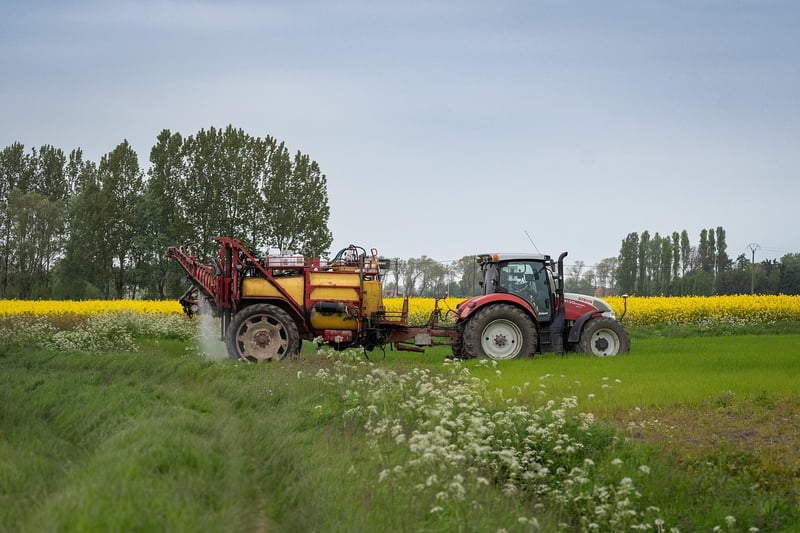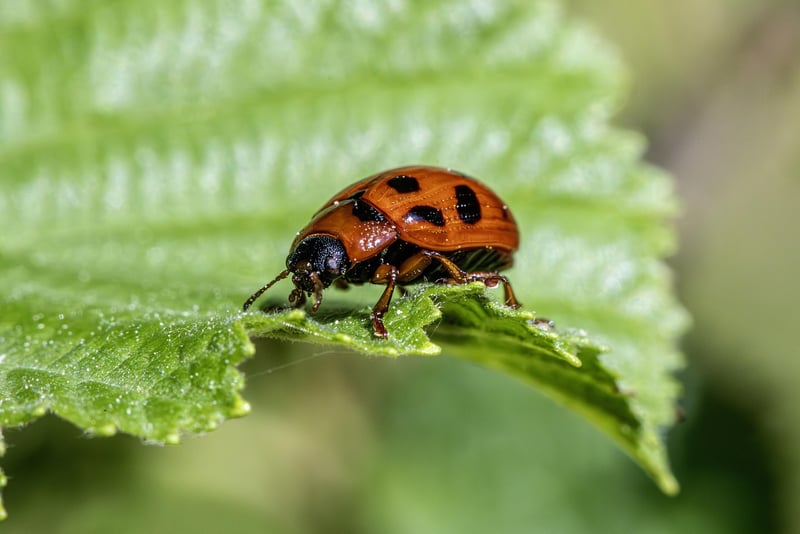Pest control methods
Keeping Your Vertical Garden Thriving
Introduction
Vertical gardens are a fantastic way to bring greenery into small spaces and create a visually appealing living wall. To ensure your vertical garden thrives, it's essential to provide proper care and maintenance.
Light and Water
Place your vertical garden in a location that receives adequate sunlight based on the plant's requirements. Water the plants regularly, ensuring that excess water can drain properly to prevent root rot.
Soil and Fertilizer
Choose a high-quality potting mix for your vertical garden that is well-draining and nutrient-rich. Consider using slow-release fertilizers to provide essential nutrients to the plants over time.
Pruning and Trimming
Regularly prune and trim your vertical garden to remove dead or overgrown foliage. This will promote new growth and keep your garden looking neat and healthy.
Pest Control Methods
1. Neem Oil Spray
Neem oil is a natural insecticide that can help control common pests like aphids, mealybugs, and spider mites. Dilute neem oil with water and spray it on the affected plants.
2. Introduce Beneficial Insects
Ladybugs, lacewings, and predatory mites are beneficial insects that feed on garden pests. Introduce these insects to your vertical garden to help control pest populations.
3. Soap Spray
A mild soap spray can be effective against soft-bodied pests like aphids and whiteflies. Mix a few drops of dish soap with water and spray it on the affected plants.
4. Diatomaceous Earth
Diatomaceous earth is a natural pest control remedy that can be sprinkled around the base of your plants to deter crawling insects. It works by damaging the exoskeleton of insects.
Conclusion
By following these tips for maintaining your vertical garden and implementing effective pest control methods, you can keep your living wall lush and healthy. Remember to regularly inspect your plants for signs of pests and diseases to address any issues promptly.


